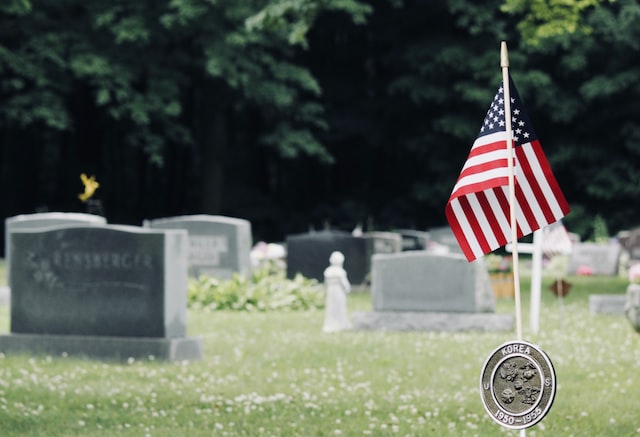- CALL NOW 1-570-742-4561 | AVAILABLE 24/7 Send Flowers

What Are Cremains?
March 27, 2023
How to Act at a Military Service
April 10, 2023What does “normal” grief look like after the loss of a loved one and cremation service in Lewisburg, PA? How can you tell if what you are feeling is “normal” grief? When should you seek help? How long will you feel like this?
Grief can manifest in a variety of ways, from physical and emotional symptoms to spiritual ones. In fact, grief often looks different in different people, meaning no two people will grieve exactly the same. There are many different physical signs of grief. Though grief isn’t a physical illness, it can often feel like one. Some people report that their hearts actually ache, while others are exhausted but can’t sleep or hungry but can’t eat. And yet others still face a physical grief symptom called “broken heart syndrome,” which is a diagnosable disease with the same symptoms as a heart attack.
Grief can also worsen existing health problems, causing increased blood pressure, heart palpitations, increased risk of blood clots, headaches, nausea, and even an increased number of colds or infections. There are also many emotional symptoms of grief. Grief is a serious stressor, linking physical and emotional symptoms and sparking the same nervous system response as a physical threat. Some research has shown that emotional pain, like the pain of a loss, can even trigger the same zones of the brain as physical pain. This is why you might supper emotional grief symptoms like fear, guilt, emptiness, sadness, anger, shame, shock, and depression.
While everyone will grieve at one time or another, grief can hit some people worse than others and necessitate professional intervention. Feelings of hopelessness and despair are normal, but they shouldn’t be debilitating for long periods of time. Here are some signs you might benefit from counseling or sessions with a doctor:
- Thoughts of suicide
- Inability to sleep or sleep through the night
- Not eating enough or properly
- Binge eating
- No longer looking after your personal hygiene
- Hallucinations, whether of your loved one or otherwise
- Intense feelings of guilt
- Not being able to complete your day-to-day activities, whether that means job, childcare, or school
 Even if you’re not experiencing these specific grief symptoms, you might still benefit from counseling or a grief support group. There is no shame in getting help. After all, humans are social animals and therefore do best when we mourn, heal, and move on in a community.
Even if you’re not experiencing these specific grief symptoms, you might still benefit from counseling or a grief support group. There is no shame in getting help. After all, humans are social animals and therefore do best when we mourn, heal, and move on in a community.
Remember, every grief journey is different. You might experience some, all, or even none of the symptoms as you mourn the loss of your loved one. These differences also apply to timelines. Some people might grieve for weeks and other people for years. There is no set timeline for dealing with a loss, so take all the time to need to mourn your loved one while still remembering to take care of yourself, too.
We are here to help if you want more information on grief or Lewisburg, PA funeral homes. Call or visit us today to learn more about our services.




